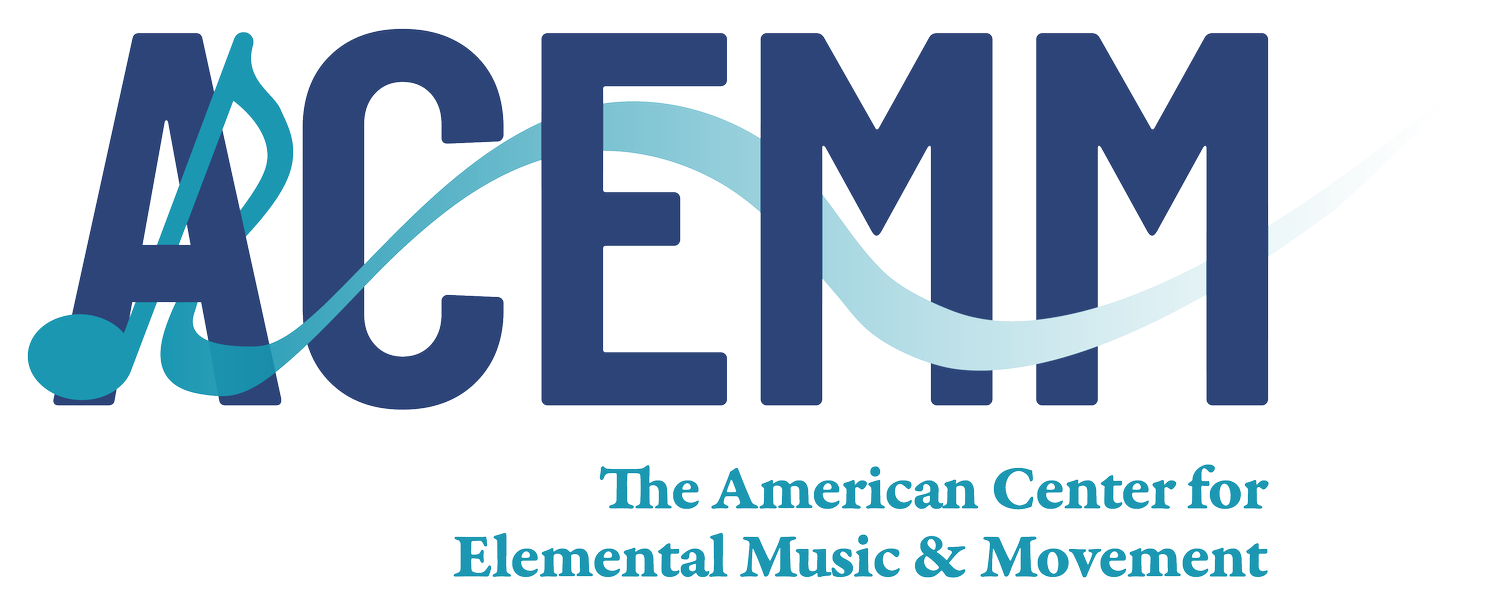Swing is the New Steady Beat
It is said that you get only one opportunity to make a first impression, for first impressions matter greatly in the health and strength of a relationship. As educators, we are constantly building and maintaining relationships. Our first impression is made during the first lesson of the school year. Many use some form of a name activity in their first lesson. Depending on the grade level the activity could be movement-based. The activity could be a so-mi-la song, or it could be a rap. There are two reasons name activities are important; teachers and students are able to begin the process of learning names, and students are able to share one of their most personal characteristics.
During the first class of the session, I commonly start by apologizing in advance for any hesitations and/or mispronunciations as I call roll. I ask students if there is a (school appropriate) nickname that they would prefer to be called. I believe this simple act is key to building a healthy relationship and saying to the student “I see you”. Before we can trust each other to make elemental music together we have to see each other. A definition from Merriam-Webster’s dictionary lists elemental as an adjective meaning “forming an integral part: inherent.” There is little more inherent to a person’s sense of self than the use of their name.
A common name activity learned in Level 1 Orff-Schulwerk courses is to notate names using the rhythmic building bricks as presented in Keetman’s Elementaria. She writes, “The smallest rhythmic units in two-four time are derived from children’s rhymes, songs, and names.”
The standard form of this activity is not well suited for the names of a number of Black, Brown, and Indigenous Peoples and by association not suitable for those students. Consider a lesson where written on the board are the 5 two-four rhythmic building bricks. The teacher would ask each student to say their name using the emphasis that the student knew to be correct for their name. For example, some would pronounce the name Andrea with the stress on the first syllable An–dre-a. Others might pronounce it An-dre–a. The former pronunciation can be set using the rhythmic building bricks, but the latter cannot. Imagine a class with a large number of students with a name pronounced like Andrea. A sizable amount of the introduction to that lesson would be spent saying, “your name doesn’t fit.” In essence, you don’t fit, you are the other.
Instead, I offer Jazz and specifically its rhythmic element, swing. I believe swing is appropriately elemental because I feel it has a more natural musical feel for the students of today than the more stilted feel of more traditional songs and rhymes recited in the elementary music room. Swing is appropriate for many because it feels better approximates natural speech patterns. Swing is appropriate because it can accommodate Andrea, Andrea, and Andrea. And swing is appropriate because as Americans it is more elemental to who we are.
Name, Say Your Name: A More Inclusive Name Game
Keetman, G. Elementaria: First acquaintances with Orff-Schulwerk. Scott English translation 1974. p.17
Dr. Patrick Ware holds degrees from Westfield State University, Radford University, and Shenandoah Conservatory. He has been an instructor for movement, recorder, and basic pedagogy for various Orff certification programs. Patrick teaches k-5 elementary music in Prince William County, Virginia. Works by Dr. Ware are published through Beatin’ Path Publications.




